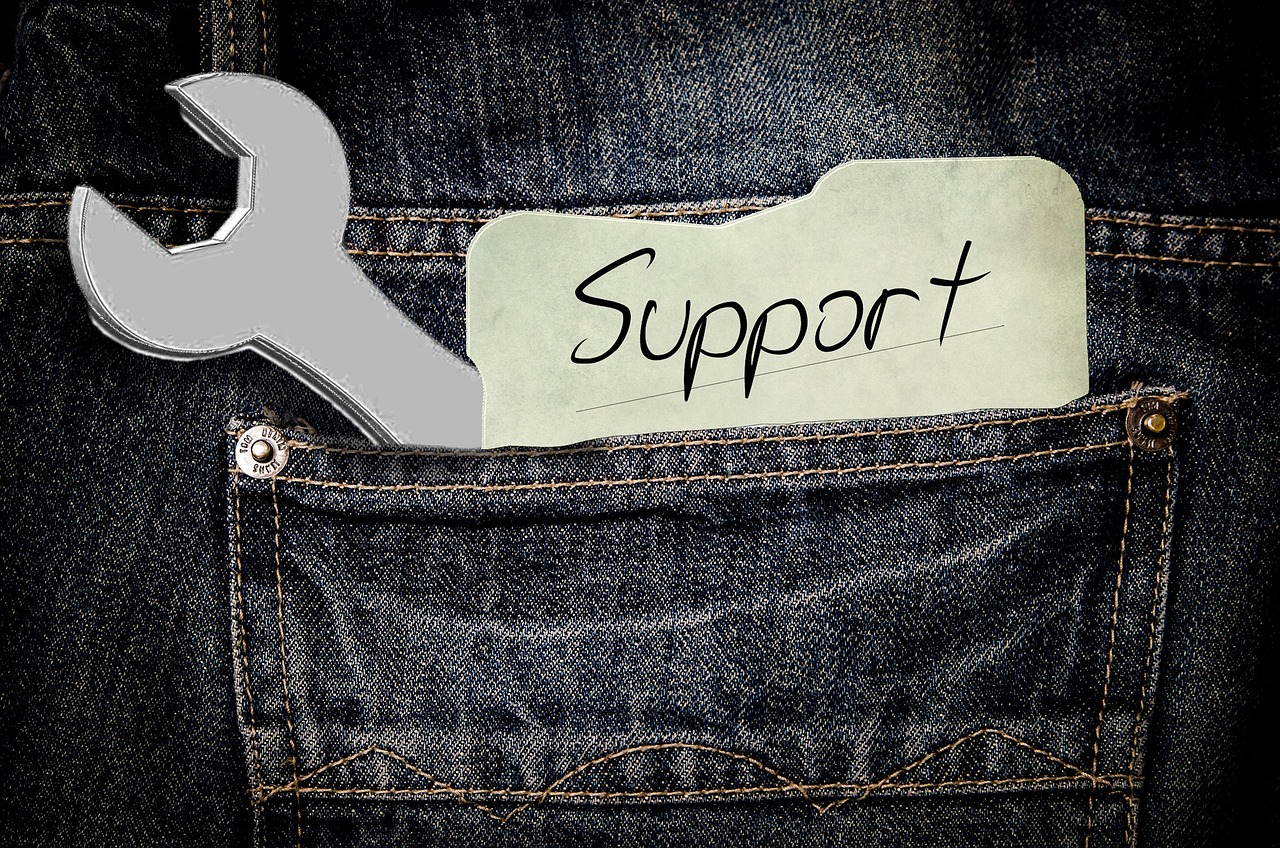Choosing to venture into the world of business can be an exhilarating yet challenging decision. Entrepreneurs often find themselves at a crossroads: should they build a startup from scratch or invest in a franchise? Each path offers unique benefits and challenges, and understanding these differences is crucial for making an informed decision.
Table of Contents
The Allure of Startup Independence
Starting your own business provides unparalleled freedom. Entrepreneurs have the liberty to bring their vision to life, creating products and services that align with their personal values and market demands. This level of independence allows for innovation without restrictions imposed by a larger organization.
However, with great freedom comes significant risk. Startups face high failure rates due to market competition, financial constraints, and operational challenges. Entrepreneurs must handle everything from product development to marketing and customer service, often with limited resources. Despite these challenges, many are drawn to the potential for high rewards and the satisfaction of building something unique.
When embarking on the journey of building a new venture, one of the crucial initial steps is the legal formation of the company. Navigating the complexities of company registration can be daunting, especially for first-time entrepreneurs. Services exist to streamline this process, ensuring compliance and providing essential support from the outset.
For those in the UK looking to establish their limited company efficiently and affordably, leveraging a dedicated formation agent like Your Company Formations Limited can significantly ease the administrative burden. This allows founders to concentrate on their core business idea and market strategy, rather than getting bogged down in paperwork.
A Proven Model
Franchising offers a structured path to business ownership. Franchisees benefit from a well-established brand, operational support, and a proven business model. This support system significantly reduces the risk associated with starting a new business. Training programs, marketing assistance, and operational guidelines are provided, making it easier for franchisees to focus on growth and customer satisfaction. While franchises offer stability, they also come with restrictions. Franchisees must adhere to corporate policies, limiting creativity and flexibility. Initial investment costs can be substantial, and ongoing royalty fees can impact profitability. Yet, for many, the support and brand recognition provided by franchises outweigh these limitations.
Financial Considerations
One of the most critical factors in choosing between a startup and a franchise is the financial requirement. Startups often require lower initial investments but can face challenges in securing funding. Entrepreneurs may need to rely on personal savings, loans, or venture capital.
In contrast, franchises usually have higher upfront costs, including franchise fees, equipment, and inventory. However, they often have access to financing options through the franchisor or established lending partnerships. This financial support can ease the burden of starting a business, but it’s essential to consider the long-term impact of franchise fees and royalties on profitability.
Market Presence and Brand Recognition
Establishing a brand in a competitive market is a significant challenge for startups. Building a loyal customer base takes time, effort, and substantial marketing investment. Startups must differentiate themselves through unique offerings and exceptional service.
Franchises, on the other hand, benefit from existing brand recognition. Customers are often familiar with the brand, leading to quicker trust and loyalty. This established presence can provide a competitive edge, especially in saturated markets. However, franchisees must maintain the brand’s standards and reputation, which can be demanding.
Operational Flexibility vs. Structured Systems
Startups offer operational flexibility, allowing entrepreneurs to adapt quickly to market changes and implement new ideas. This agility can be a significant advantage in dynamic industries. Entrepreneurs can pivot their strategies without needing approval from higher authorities.
Franchises operate within structured systems designed for efficiency and consistency. While this reduces operational risks, it can limit the ability to innovate. Franchisees must follow corporate guidelines, which can be frustrating for those seeking creative freedom. Nonetheless, structured systems often lead to streamlined operations and consistent customer experiences.
Decision-Making Process
When deciding between a startup and a franchise, several factors come into play. Entrepreneurs must evaluate their risk tolerance, financial resources, and long-term goals. Those seeking creative freedom and willing to take risks may find startups more appealing. Conversely, individuals looking for structured support and reduced risk might prefer franchises.
It’s essential to consider the industry, market demand, and personal strengths. Exploring opportunities through a trusted franchise marketplace can provide valuable insights into available options and help entrepreneurs make informed decisions. Evaluating both paths thoroughly ensures that business owners choose the route best aligned with their aspirations and capabilities.

Time Commitment and Work-Life Balance
Launching a startup demands an immense time commitment. Entrepreneurs often work long hours to establish their businesses, manage operations, and drive growth. This can impact work-life balance, leading to stress and burnout.
Franchise ownership also requires hard work, but the support system provided can ease some of the burdens. Established processes and support allow franchisees to manage their time more effectively. While both paths require dedication, franchises may offer a slightly better work-life balance due to shared responsibilities with the franchisor.
Scalability and Growth Potential
Startups have limitless growth potential, especially with innovative products or services. Entrepreneurs can scale their businesses through strategic planning, market expansion, and technological advancements. However, scaling a startup requires significant effort, resources, and risk-taking.
Franchises offer scalable business models with established procedures. Expanding through additional franchise units can be more straightforward due to the existing framework. Yet, growth is often limited by the terms set by the franchisor, and expansion requires substantial investment.
The choice between startup independence and franchise support depends on individual preferences, resources, and goals. Each path offers unique opportunities and challenges, and the right choice is the one that aligns with your vision for success.

Andrej Fedek is the creator and the one-person owner of two blogs: InterCool Studio and CareersMomentum. As an experienced marketer, he is driven by turning leads into customers with White Hat SEO techniques. Besides being a boss, he is a real team player with a great sense of equality.
